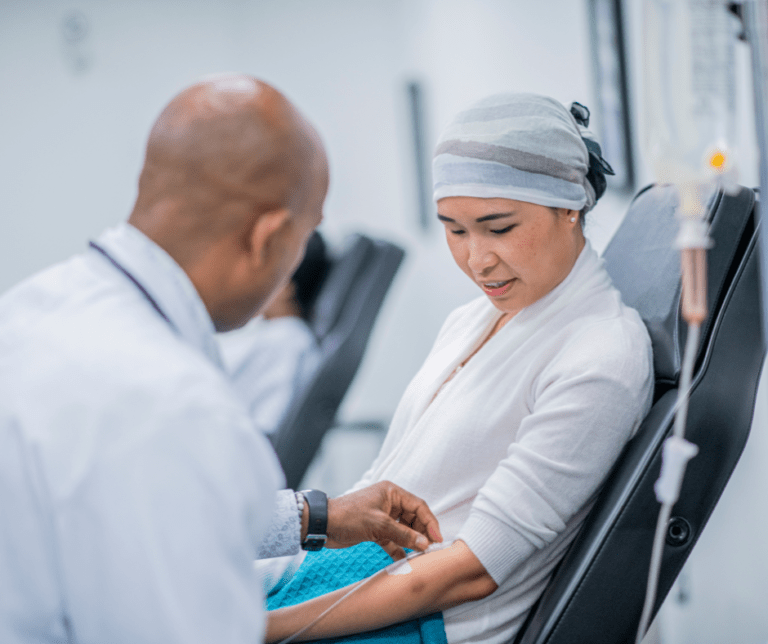Each year 2,000 young people are diagnosed with cancer in the UK.
A diagnosis inevitably interrupts a critical time in their life as they move into adulthood. And they have to cope with treatment whilst dealing with all the challenges of growing up.
After treatment, cancer patients often spend time looking back on their experience. They also find themselves having to learn how to cope with the physical and mental effects of the disease and treatment.
For those young people diagnosed with cancer before their 25th birthday, life after treatment can see them living with the worsening effects of cancer later on in their life, such as chronic fatigue and infertility.
Whilst staff are able to treat the clinical effects of cancer, not enough is known about the long-term impact on a patient’s quality of life.


This research project will focus on teenagers and young adults who complete their cancer treatment between the ages of 16 and 25.
“I was diagnosed with leukaemia just four days after my 20th birthday. The second those words left the doctor’s mouth my whole world fell apart. I started chemotherapy just a few hours later and spent the best part of six months isolated to my hospital room.
I struggled a lot, not only with the physical side effects of having cancer, such as the hair loss, weight gain and everything else that no one tells you about, but the mental aspect hit me like a train. The ‘what if’ and the unknown factor.” – Former cancer patient.
These young people are transitioning from being somebody who has cancer to being a young adult who has had cancer, and that is a big step.
We want to give them a framework to ask for help which is based on the experiences of people like them, rather than us making assumptions about what they need.” – Louise Hooker, Lead TYA Cancer Nurse.
